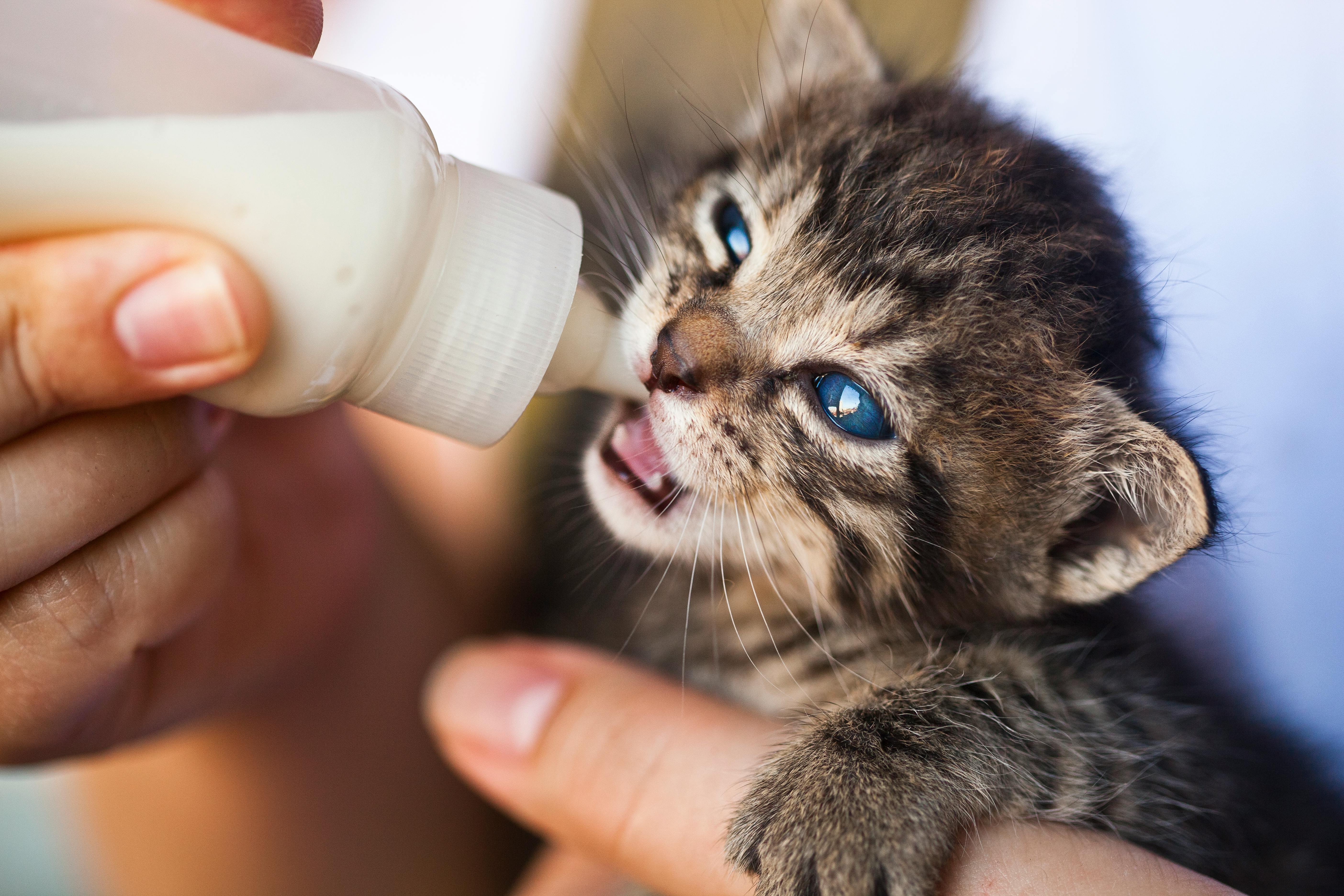
Cockapoo – Dog breeds
Group: not yet recognized
Weight: 6-19 pounds
Height: 14-15 inches
General description
The Cockapoo was developed by crossing the American Cocker Spaniel and the Miniature Poodle. This breed is native to the United States, where they were bred during the 1960s. The first dogs were accidentally mated, but lately as their popularity has continued to grow, the matings have become deliberate. Like the Poodle, the Cockapoo is an attentive bystander, falling short of the extremes of many American Cocker Spaniels.
Temperament
In general, the Cockapoo is affectionate with a laid-back nature. Although they are alert, they also have a very sweet character. The Cockapoo is a very energetic and sociable dog that is very eager to please its owner. This breed makes an excellent companion dog and gets along well with children and when under supervision. It is vital that the Cockapoo is trained from when it is a puppy; otherwise, they may fight anger later in life. These dogs will get jealous if their owners pay attention to other animals and people. The Cockapoo is very trainable and also a very intelligent dog. These dogs make the perfect companion pet as they are intelligent, dependable, and easy to care for.
Careful
The Cockapoo is a fairly maintenance dog and should be brushed and groomed daily. The Cockapoo does not shed much, and if they brush frequently, they will shed even less. Therefore, these dogs are ideal for someone who suffers from allergies. It is recommended to trim the Cockapoo at least once a year.
Training
Cockapoos are very intelligent dogs, and this can make training these dogs very easy. These dogs will do very well when it comes to obedience, and if the training is presented in the right way, these dogs will do very well. Cockapoos must be handled firmly; however, the training must be very constant but also very gentle.
Health problems
Some cockapoos are quite healthy and some are not. They have a potential risk of some health problems, and these include hip dysplasia, progressive retinal atrophy, epilepsy, allergies, skin and ear problems, Legg-Calve-Perthes, dislocated patella, hypothyroidism, cryptorchidism, and gastric torsion. Like any dog, the chance of avoiding health problems increases if the dog’s ancestors and relatives are screened for genetic diseases.